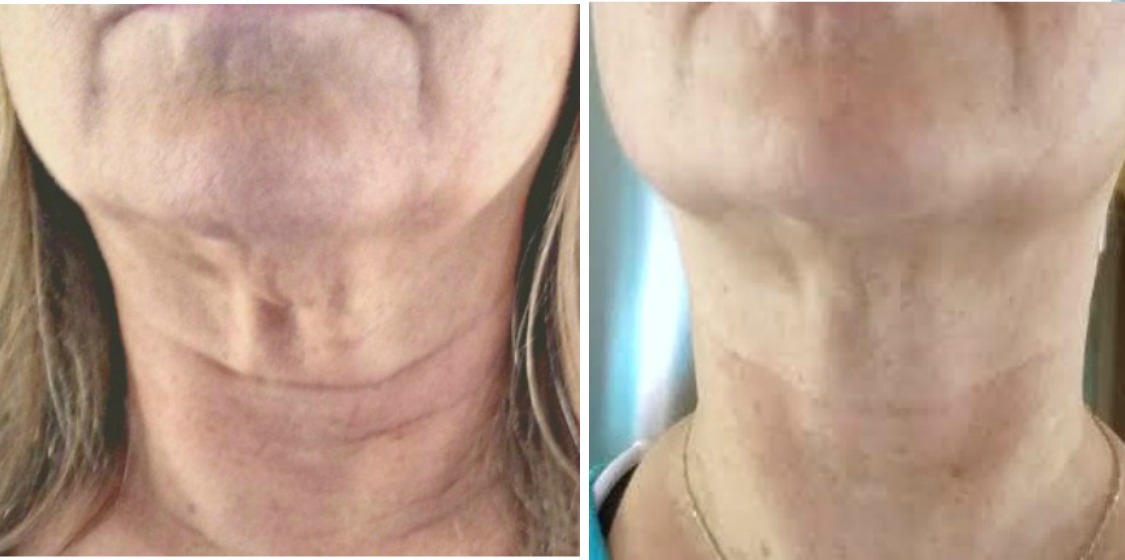- FACE |
- EYES |
- SKIN |
- WHAT'S NEW?
Disclosure: As an associate of Amazon and others, I may earn commission on certain purchases.
Antibiotics for Acne

The use of antibiotics for acne is an option many choose when the usual over-the-counter topical treatments alone fail to produce effective results.
But unfortunately, both treatments have some pretty serious side effects.
The main purpose of antibiotics is to decrease bacteria in and around the follicles.
They also help decrease enzymes produced by the white blood cells as well as the fatty acids in the sebum, which helps to reduce inflammation.
Different Types of Oral Antibiotics
The most common antibiotics prescribed are tetracycline, erythromycin, minocycline, doxycycline, and clindamycin. Each has their own benefits and drawbacks.
- Tetracycline is most prescribed and helps prevent bacteria growth and infections. Since it must be taken on an empty stomach it can cause much stomach distress for many.
Many people report fairly good results - in fact Drugs.com rated it a 7.5 our 10 in terms of effectiveness for acne treatment.
Some have reported limited or minor side effects - but most report positive results for teenage and adult acne.
- Erythromycin helps slow bacteria growth and has anti-inflammatory properties - but it's not the most popular used medication for acne. And, the user reviews where not faovorable.
- Doxycycline is form of tetracycline used to treat acne, bumps, rosacea lesions and other skin disorders. Side effects include reduce efficacy of birth control pills, increased UV sensitivity and discoloration of graying of the teeth.
- Minocycline is another type tetracycline which helps reduce infections. As with other acne medication it has the same side effects such as reduce efficacy of birth control pills and sun sensitivity.
It's received a 7.1 user review out of 10. Many users stated that it did clear acne very quickly, but did report side effects such as numbness, dizziness, nausea, itchy skin, and welts.
- Clindamycin is used to treat serious infections and fights bacteria throughout the body. Clindamycin side effects can be pretty serious. While most acne antibiotics kill bacteria - good bacteria in the large intestine - Clindamycin seems to cause the most problems such as colitis. Some people have claimed that oral clindamycin can cause skin discoloration, but not much as been documented on this.
If you develop any unusual symptoms such as bloody stools, stomach cramps, severe diarrhea within the first several months (it may take that long for these symptoms to arise) contact your doctor immediately.
Also, if you have or ever had bouts with colitis information your doctor right away before taking this medication.
Due to these side-effects, people have been demanding safer acne treatments. As a result there is a lot of money and research being spent on developing a more natural, gentler approach.
While non-prescription topical products may not replace the effects of acne medication, it may be worth using gentle washes and moisturizers formulated for this type skin while going through treatment to alleviate dry, irritated skin issues and help support a healthy complexion.
Several companies have achieved this goal by using doctor formulated herbal based treatments.
So the end result is a gentler, but still effective all-around approach to treating acne.
It may be worth trying these products for a healthier complexion.
Are Topical Antibiotics Any Safer?
Topical treatments often come in the form of gels and lotions and are applied directly to the skin. They kill the Propionibacterium acnes bacteria and help keep pores clear.
The two most widely used ones are clindamycin, which not only kills the bacteria but also decreases inflammation. It usually comes in a 1% gel or lotion and are mostly well tolerated.
The second most topical is erythromycin and usually comes in a 2% ointment or gel form.
This one is known to cause more irritation especially when combined with benzoyl peroxide.
Bottom line, most topical medications can cause skin dryness and/or irritation.
Unfortunately, trial and error is your best bet and working with your doctor to find a combination that works is a good idea.
Final Anti-Aging Tips for Acne Prone Skin
However, regardless of which antibiotics for acne you choose, make sure you treat your complexion very gently.
Be mindful of picking at your face, touching your face with dirty fingers, and what touches your skin...i.e. hats, hair (like long bangs) styling gels or other oily hair products.
Wash your face no more than twice a day and use your fingers - no wash cloth!
Then rinse well and just tap your face with a towel to slightly dry.
Then always apply a moisturizer.......regardless if you have oily skin or not.
A good oil free moisturizer will help prevent dryness and flaking from any internal or topical medications and improve the overall look and healthy of your complexion.
- Home
- Accutane Acne Treatment
- Antibiotics for Acne
Popular Articles
Watch how I reduced crepey skin under my eyes....
As an Amazon Associate I earn from qualifying purchases. Other links on this site may lead to other companies I'm associated with.
Recent Articles
-
Easy Eye Solutions - Under Eye Lines & Crepey Skin. See My Results!
Jun 29, 21 04:20 PM
Easy Eye Solutions Instant Eye Tuck Serum. Free Shipping & Sample Sizes. See before and after video -
Crepey Skin Remedies - Natural Cure for Face, Eyes and Neck
Nov 04, 20 02:53 PM
Crepey Skin Remedies - Crepey skin can be reversed naturally at home. See before & after pictures of my results.
















